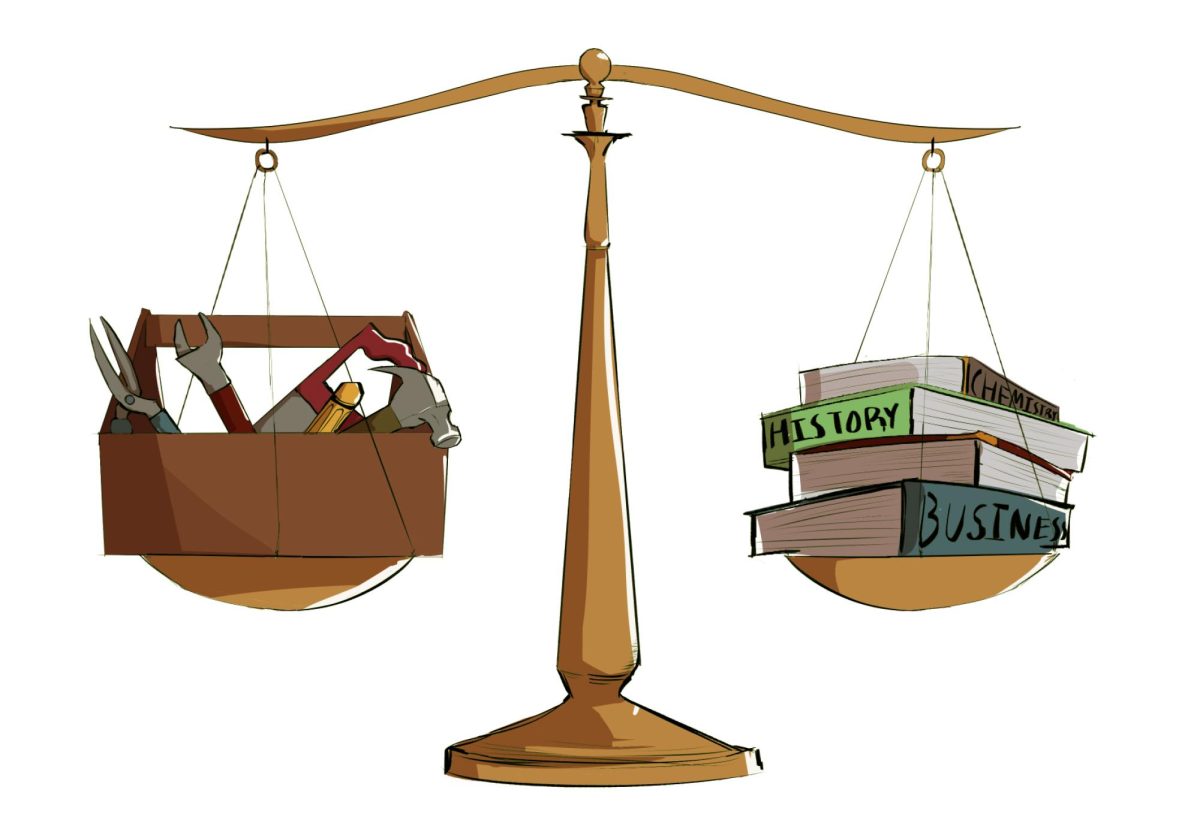By Erin Alexis Goldman
Senior Staff Writer

The Texas oil boom is heading toward a bust. Budgets are being cut. Layoffs are being made. According to an article by James Osborne for the Dallas Morning News, crude prices today are almost 60 percent lower than they were six months ago. “The last time the world saw such a rapid descent was the financial crisis of 2008,” according to the article. “Before that, it was 1986, when two-thirds of Texas’ drilling rigs shut down in two years’ time.”
Since 2010, the state’s oil production had tripled to more than 3.3 million barrels a day, according to the Texas Railroad Commission. At the end of 2013, total U.S. production had risen to more than 9 million barrels a day, a level close to 1970’s historic high, according to the U.S. Energy Information Administration.
However, things have taken a turn for the worse. While cheap gas is making drivers happy, there is a growing concern that the U.S. oil industry may be going into a downturn.
“It’s going to be devastating. For all practical purposes, we lowered the barrier to entry so low that every Tom, Dick and Harry could go out and rent a rig,” a managing director with the investment firm Oppenheimer & Co., Fadel Gheit, said in the DMN article. “The longer prices stay down, the more companies are throwing in the towel. We will see a lot more pain before we get any gain.”
The cause of any bust is simple supply and demand. Oil prices have dropped due to the flood of oil flowing from hydraulic fracturing or fracking wells. According to a National Geographic article by Dennis Dimick, “Fracked wells are short-lived, with a well’s output typically declining from more than 1,000 barrels a day to 100 barrels in just a few years.” In order to maintain production, new wells must be drilled frequently.
Recent analysis by Scotiabank estimates that frackers need $69 per barrel of oil to make money. According to a DMN article by Sheryl Jean, oil prices have traded as low as $44.20 a barrel in the last couple of weeks.
According to the article by Osborne, some analysts are predicting a plateau in coming months and “after that – if prices do not rebound – production will begin to decline.”
The number of drilling permit applications filed with the Texas Railroad Commission is down 45 percent since last March.
While the price collapse has yet to hit Texas oil fields, layoff announcements are coming in fast, according to the article by Osborne.







